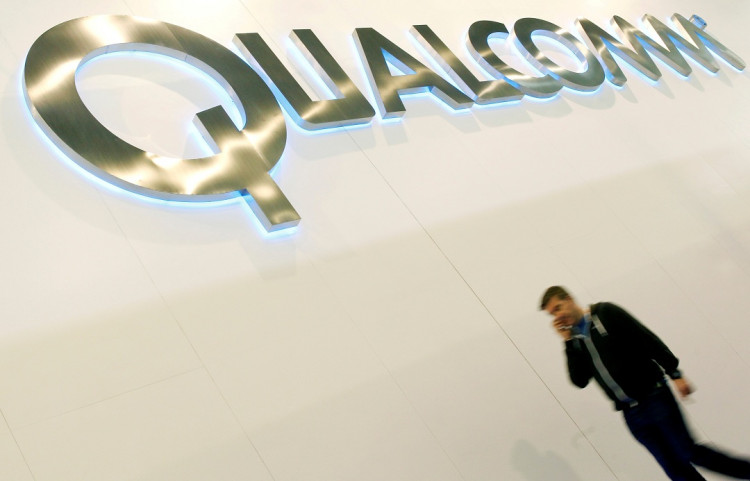One of the world's largest suppliers of smartphone chips and modems has now been found guilty of violating US antitrust laws. A US federal judge found Qualcomm guilty of illegally charging exorbitant fees to smartphone makers for the use of its patented technology. The ruling against Qualcomm is expected to completely change the way firms do business in the smartphone industry moving forward.
Qualcomm currently supplies various components to major smartphone manufacturers around the world. However, the bulk of the company's profits do not come from its component sales. Majority of what the company makes actually comes from the fees it receives from manufacturers who license its patented technologies.
The fees for its various patented technologies amounts of tens of billions of dollars in profits for the firm each year. Manufacturers simply have no choice but to pay the fees if they want their devices to perform basic functions such as make calls and connect to the internet.
Some manufacturers have openly criticized Qualcomm's practices, essentially accusing it of "double dipping" and "double charging" for its products.
The US Federal Trade Commission launched a formal complaint to US courts in 2017, stating that Qualcomm's practices are illegal and against the country's antitrust laws. District Court Judge Lucy Koh announced her ruling earlier in the week and stated that she found Qualcomm's licensing practices to be harmful to the industry. The US federal judge further explained that the firm's practices strangle competition and harm the end consumers in the process.
The court ruling stipulated that Qualcomm should be receiving a percentage of the sales of each phone using its patented technologies. Instead, the company should receive an amount based on the actual Qualcomm products that are used in any given smartphone model. This would essentially limit the fees based on the cost of the chips and components on the phones.
According to intellectual property experts, Qualcomm's charges to smartphone manufacturers have been too high for too long. The ruling made that abundantly clear and hopefully a fair and just amount can be ascertained. In response to the ruling, Qualcomm has announced that it completely disagrees with the decision and that it will be filing an appeal.
Qualcomm has been ordered by the federal court to renegotiate its licensing terms with its customers as a sign of good faith. In these new negotiations, Qualcomm is no longer allowed to threaten to cut off its customer from its supply of chips. The company is also not allowed to enter into exclusivity agreements moving forward.




